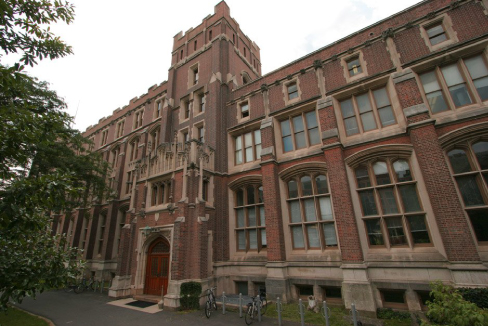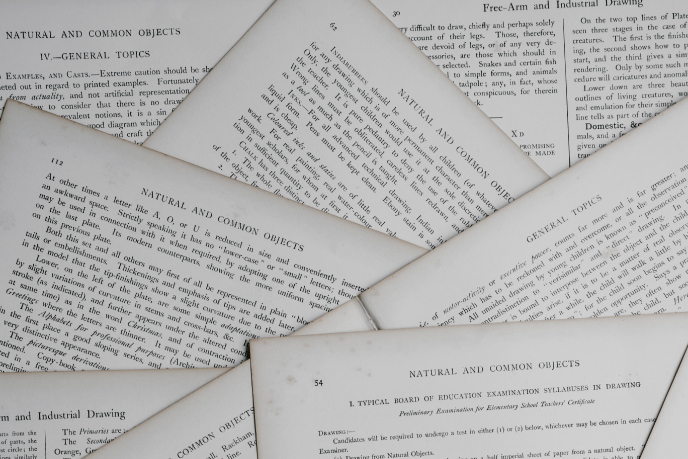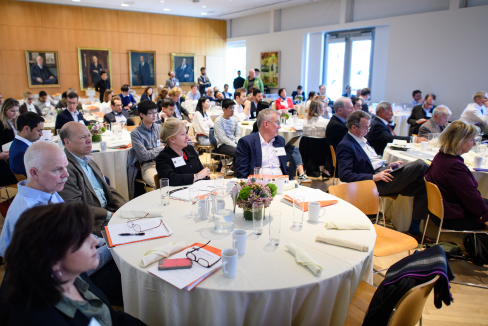The Carbon Mitigation Initiative’s 2020 Annual Meeting goes virtual
The Coronavirus pandemic has changed many things around the world, including the Carbon Mitigation Initiative’s (CMI) plan to hold its 19th Annual Meeting in London April 22-23. The customary in-person meeting was upended in early February as concerns grew about the potential spread of the virus worldwide. With some quick creativity and collaboration, the meeting organizers made the shift to a virtual meeting held over the two same days, only shortened to accommodate the time change between Princeton and London.
Liz Rogers, bp’s vice president of environmental technology and bp’s relationship manager for CMI, and Cindy Yeilding, bp America’s senior vice president and bp’s executive sponsor for Princeton University, opened the meeting by highlighting the significance of the day, April 22nd, as Earth Day. Earth Day is an annual event celebrated around the world to demonstrate support for environmental protection and this year’s focus is climate change.
Remarking on Earth Day’s relevance to the current ambitions of both CMI and bp, Rogers said, “It is relevant to CMI’s mission to lead the way to a compelling and sustainable solution to the carbon and climate change problem and relevant to bp for our recent announcement to be a net zero carbon emissions company in absolute reductions by 2050 or sooner.”
Based at Princeton University, the CMI is an independent academic research program sponsored by bp. Since its inception in 2000, the program has been administered by the Princeton Environmental Institute. CMI currently includes 16 principal faculty investigators (PIs) and over 50 research staff.
Yeilding noted the synergistic 20 year-long relationship between Princeton and bp. “It’s a relationship based on shared challenges, trust, and respect built over 20 years of industry and academic perspectives on the challenges informing CMI as they conduct their independent research,” she said. “CMI continually approaches the climate challenges with fresh-eyes and always brings us back to the science.”
In an introductory overview of CMI, Stephen Pacala, the Frederick D. Petrie Professor in Ecology and Evolutionary Biology and the director of CMI stated, “The relationship between CMI and bp began at a time when John Browne, then the CEO of bp, sensed that the world might begin to take the climate change problem seriously and he wanted a relationship with a research center that would keep their eyes over the horizon to try to anticipate what was coming and what we all might do about it. This we have done now for about 20 years and it remains our joint objective.”
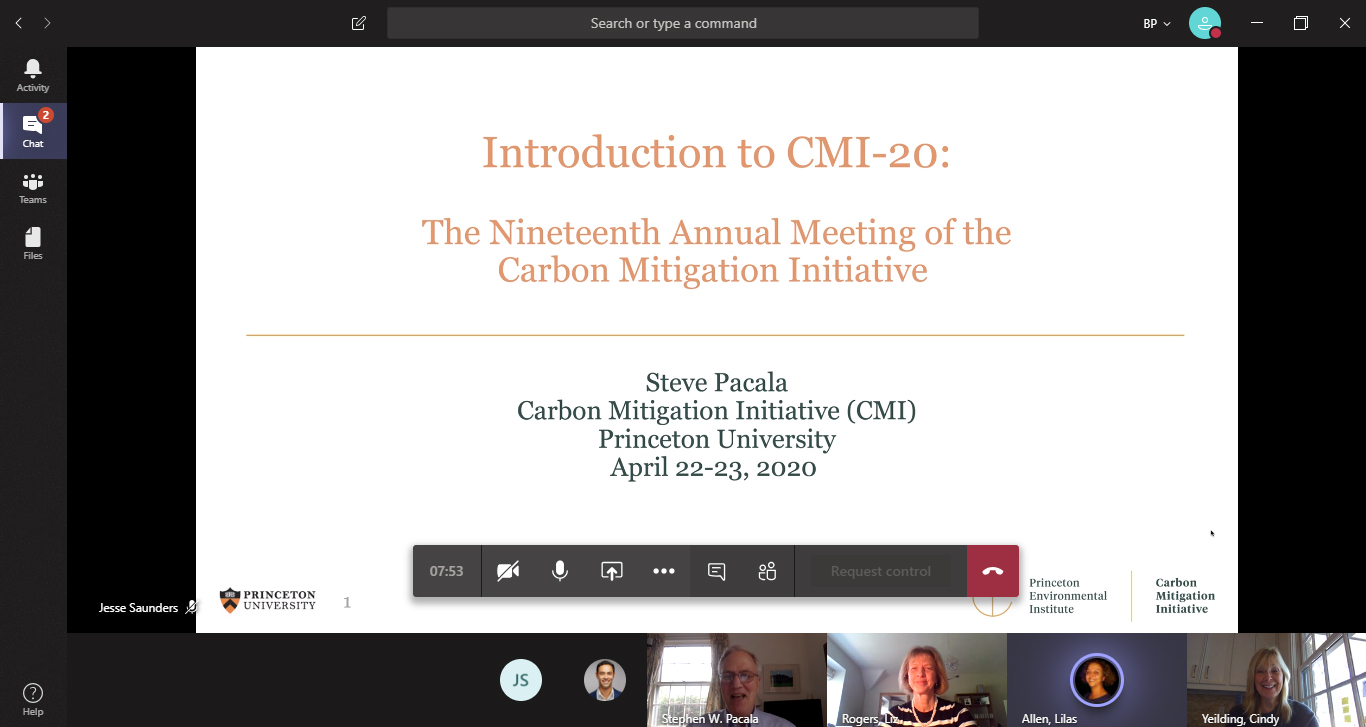
The meeting included three deep dives on CMI’s most recent new research initiatives.
Professor of Ecology and Evolutionary Biology and a member of CMI’s Leadership Team, Jonathan Levine, moderated the first deep dive on terrestrial ecosystems and natural climate solutions which included presenting some of his own research findings. Among those presenting was Amilcare Porporato, the Thomas J. Wu ’94 Professor of Civil and Environmental Engineering and PEI, also a member of CMI’s Leadership Team. The panelists addressed research underway to model potential shifts in terrestrial vegetation from a sink—a natural reservoir that captures and stores carbon—to a source of atmospheric carbon, that could lead to increased global warming. They also described efforts to improve the understanding of processes by which soils both store and release carbon.
Porporato moderated the second deep dive session on the CMI methane project focused on enhancing the understanding of critical unknowns in methane cycling including biogeochemical controls, sources, and sinks of methane using experimental and modeling approaches. Methane is the second most important anthropogenic climate forcer after carbon dioxide. Also provided was an overview of the hydrogen budget with an explanation of the uncertainties in the land-based sink and potential implications for future projections.
Pacala moderated the third deep dive focused on research currently underway assessing 4 possible pathways for the United States to realize net-zero emissions of greenhouse gases by 2050.
More details on these and other ongoing CMI research initiatives can be found in the 2019 CMI Annual Report.
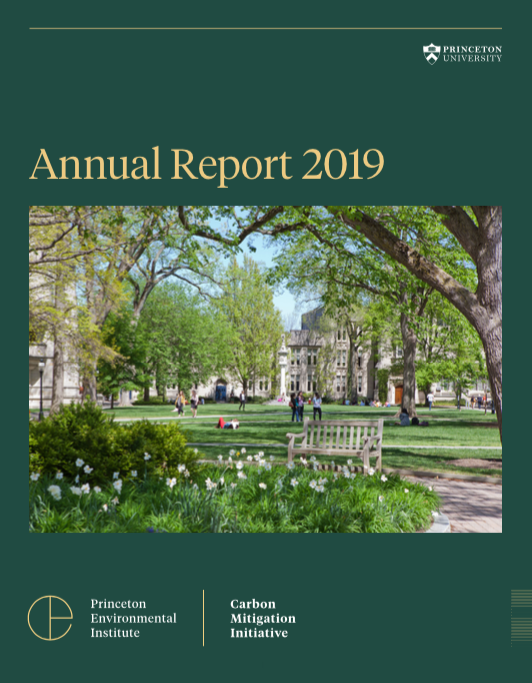
Also during the meeting, Pacala announced the recipients of two awards named in honor of Robert H. Socolow, emeritus professor of mechanical and aeronautical engineering at Princeton and CMI co-director from 2000 – 2019.
Jane Baldwin, now a postdoctoral fellow at Columbia University received The Robert H. Socolow Best Paper Award for Postdoctoral Fellow for her paper, “Temporally Compound Heat Wave Events and Global Warming: An Emerging Hazard,” published in Earth’s Future by the American Geophysical Union in 2019. While pursuing her postdoctoral position at Princeton, Baldwin worked in the lab of CMI Principal Investigator and Professor of Geosciences and PEI, Gabriel Vecchi.
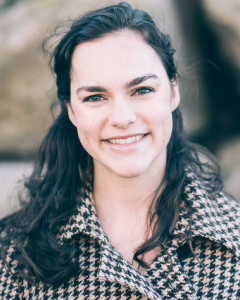
Since 2010, the CMI Best Paper Award for Postdoctoral Fellow has been presented annually to one or two CMI affiliated postdoctoral research associate/s or research scholar/s selected for his or her contribution to an important CMI paper. In late 2019, CMI created a similar award for doctoral students to award a CMI affiliated doctoral student selected for his or her contributions to an important CMI paper.
Samantha Hartzell, a graduate student in civil and environmental engineering, is the first recipient of The Robert H. Socolow Best Paper Award for Doctoral Student for her paper, “Unified representation of the C3, C4, and CAM photosynthetic pathways with the Photo3 model,” published in Ecological Modelling in 2018. Hartzell works in the Porporato lab.
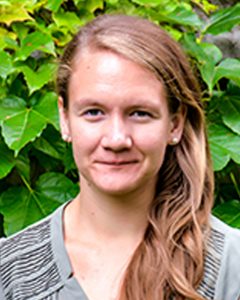
This year’s virtual Annual Meeting brought together over 100 participants including Princeton faculty and researchers, postdoctoral fellows and graduate students, many colleagues from bp, the Geophysical Fluid Dynamics Laboratory, eight other national and international universities, and a few key people from environmental nonprofit organizations and think tanks.
